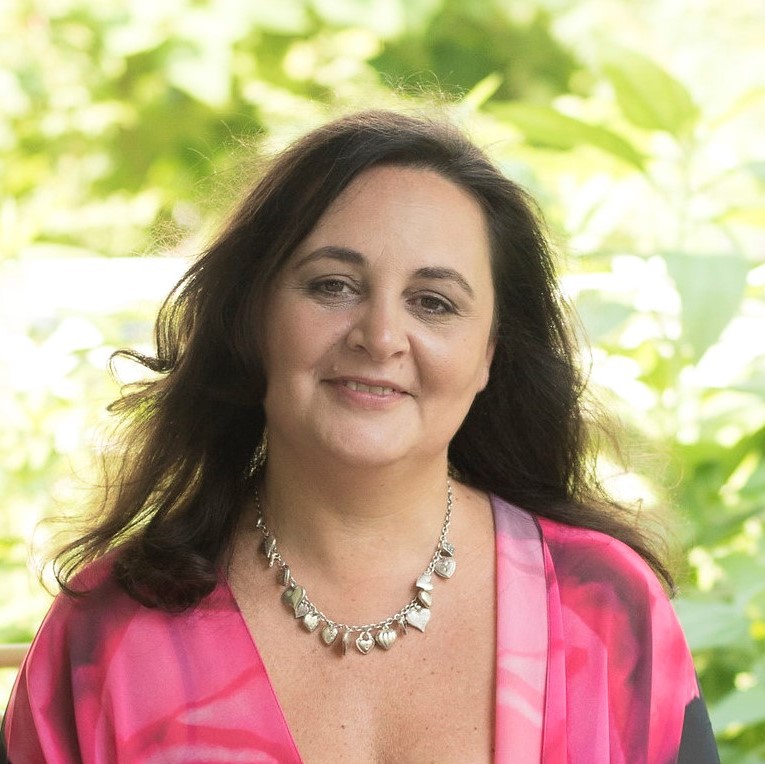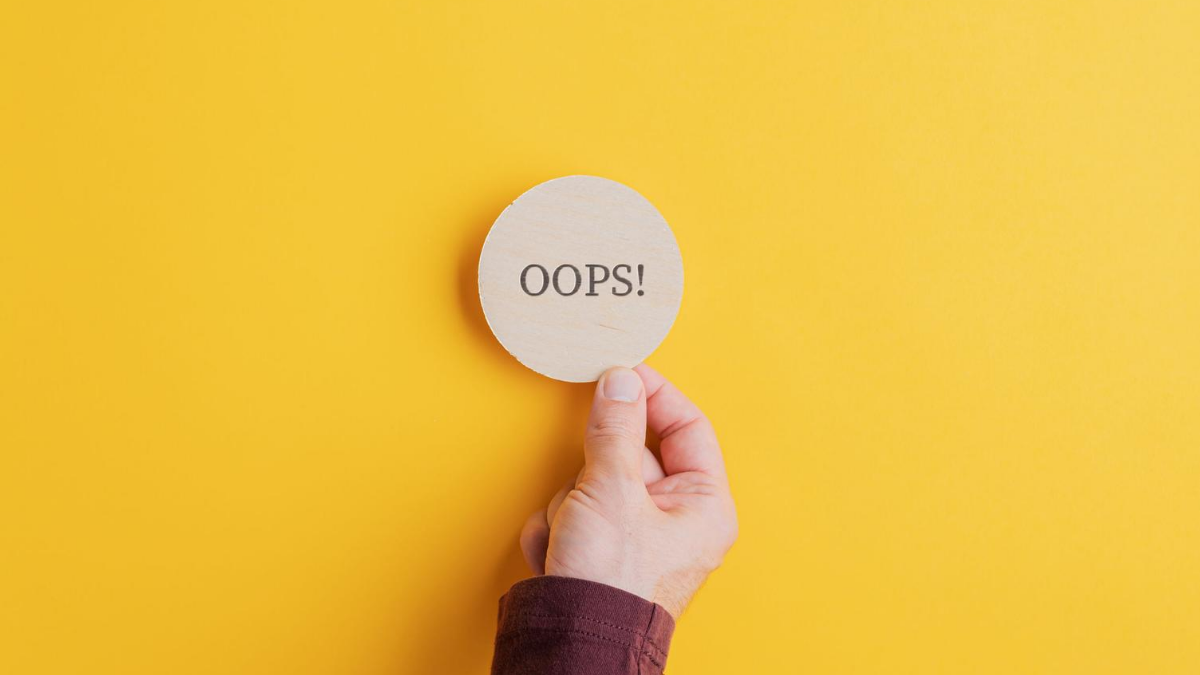I’m a charter member of the ‘done, not perfect’ club. Waiting for things to be perfect slows me down and gets in the way of creating, collaborating, connecting, communicating, and contributing.
I make mistakes, but the thing is, I don’t see them as mistakes. I see them as steps and opportunities to learn and grow.
Everything I’ve done has made me who I am today.
As I gained a greater understanding of life and our individual journeys, I came to understand that life is not perfect, so trying to make it so is an imperfect quest in itself. When things have gone wrong, I don’t see these moments as earth-shattering, soul-crushing experiences. Each moment has helped me to learn something about myself or explore something from a different perspective.
With awareness, ‘mistakes’ become lessons, not something to fear, but something to embrace.
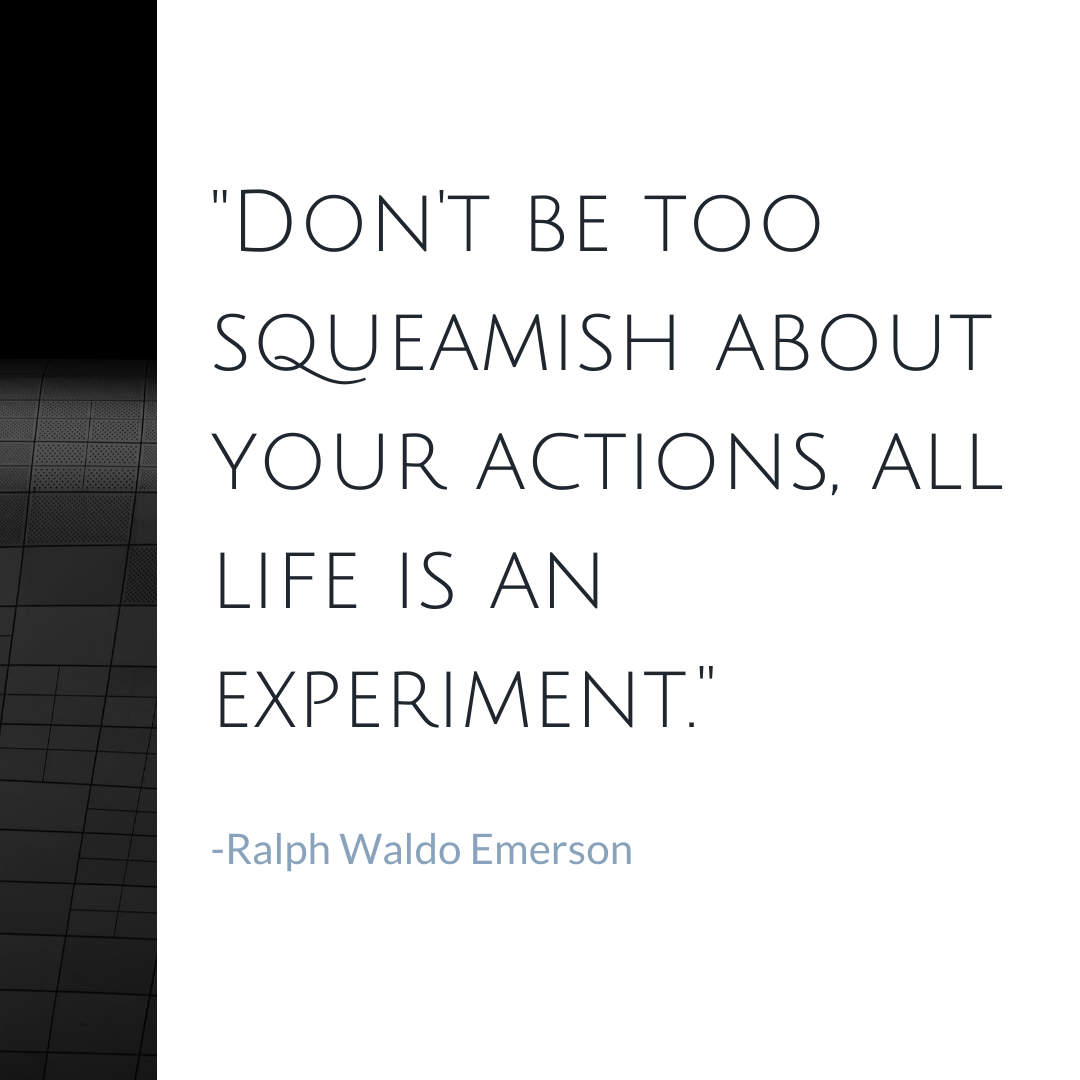
Unfortunately, many of us are taught early on that mistakes are bad, and that failure is unacceptable. We end up paralyzed when faced with a decision or action for which they can’t foresee a concrete outcome.
As Ralph Waldo Emerson said, ‘…all life is an experiment.’ It is both refreshing and freeing to approach life in this way.
Here are five ways to release the fear of making mistakes.

Looking Backward Never Changes Anything
Revisiting past decisions and past mistakes, not to learn, but to beat yourself up, never changes anything. When you find yourself revisiting a mistake
try this:
- Commit to writing short sentences, even single words.
- Write down what went wrong
- Why you think it went wrong
- What was the outcome (what happened)
- What you could have done differently (be honest here, many times it’s ‘nothing.’
- What you learned
- Then burn this paper and let it go.
You Aren’t Stuck With Your Choice
Once we make a decision, we are not stuck with it. Our mind will tell us we are because of ‘all the reasons,’ but you have choices. The choices may scare you, or seem impossible, but acknowledging that you have options, can help you look at your situation with clarity.
Once you acknowledge, you have choices write down what stops you from availing yourself of them. Again be succinct; use single words or short sentences. Look for where you are operating on old information or out of date concepts, look for where you can start to move in a different direction.
You are only stuck with your choices if you choose to stay where you are.
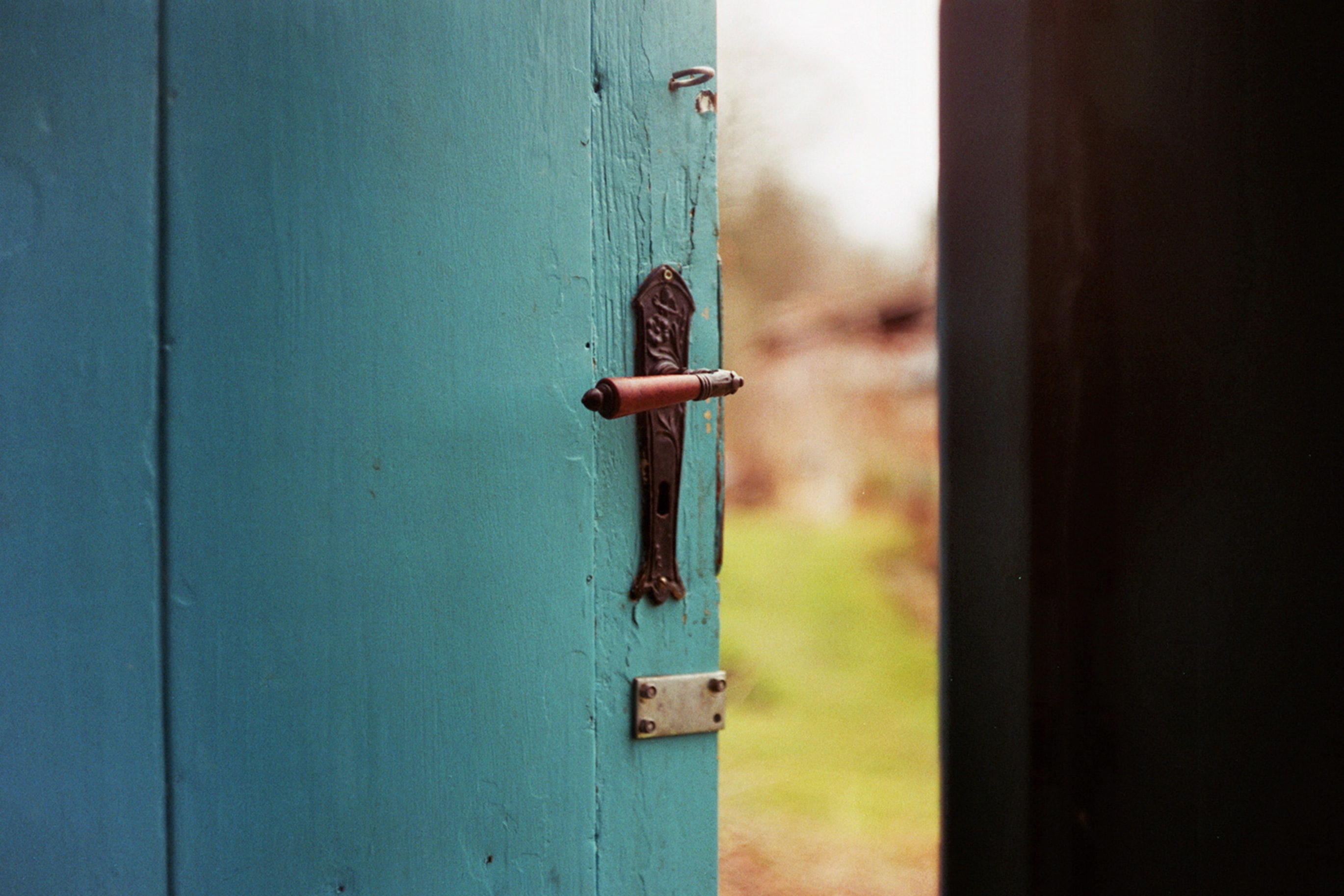
Yes Is a Moment Not An Eternity
Saying ‘yes’ to something always means saying ‘no’ to something else.
What I have learned is that if I say no or yes to something and the choice I make is not the correct one, the opportunity to say yes or no comes up again. It may not be the same scenario, but another opportunity circles around.
Understand that a closed-door isn’t closed forever. Set your intention on another door arriving and be prepared to say ‘yes’ when it does.
Mistakes Are What You Make Them
The same mistake can be earth-shattering to one person and inconsequential to another. That’s because the first person identifies with the error, and the second one does not. The first person attaches their value to the mistake. The second person sees the mistake as just that, an error. It has no impact on who that person is or how they see themselves.
This ability is rooted in one’s ability to validate themselves. If we are ‘full of ourselves,’ something I believe we all should be, we know we have value. We know we are not our mistakes. We know we are competent, capable, and simply made a mistake.
If you need to work on your self-validation, start by telling yourself that you are proud of yourself when you do something good, or right, or extraordinary. Be your cheerleader, first and foremost.
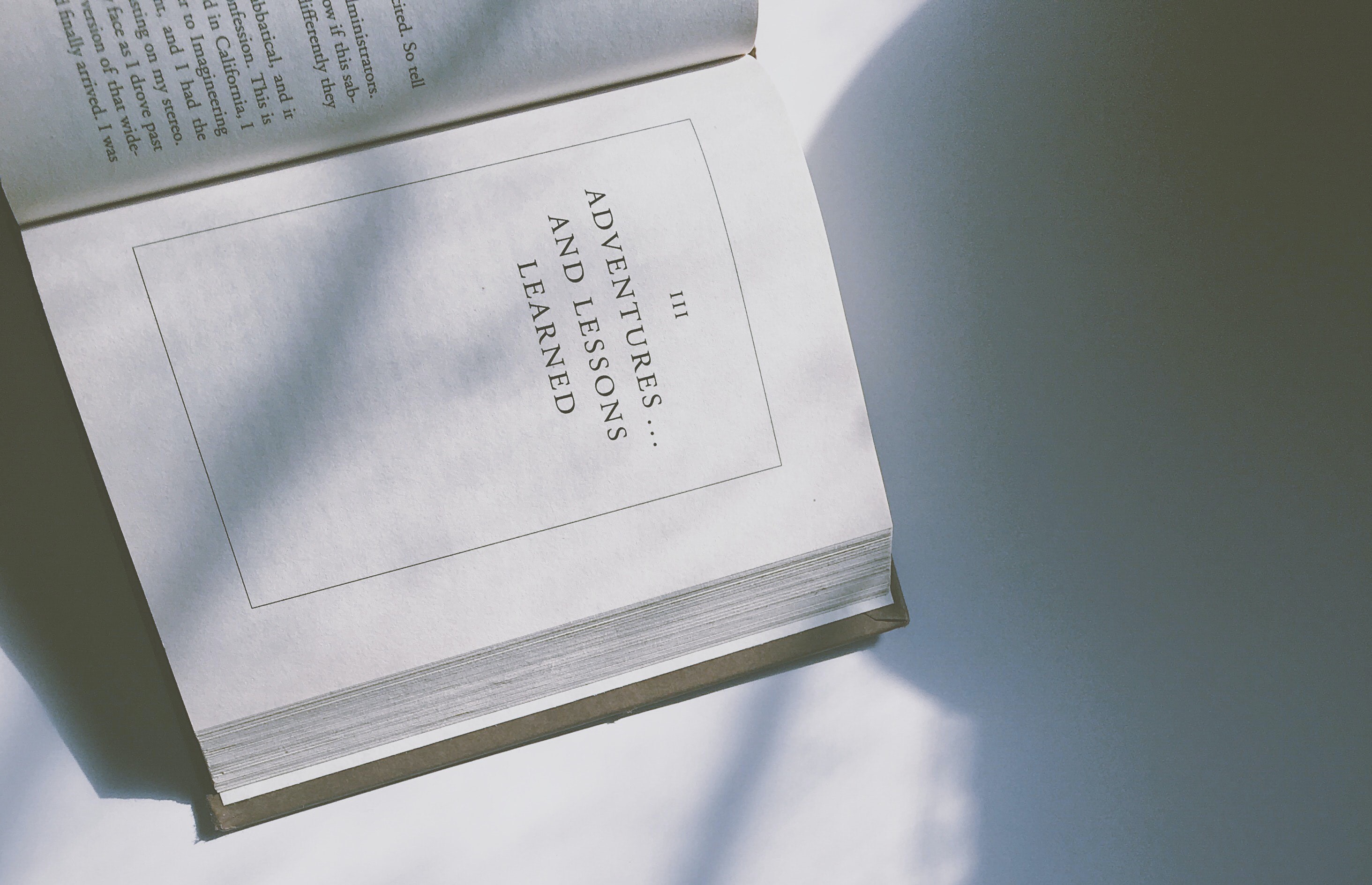
Mistakes Give You Insight & Information
We learn through adversity. That’s how we grow as human beings. We make mistakes, we gain insight and information, and we grow.
Do This Before Your Next Mistake
The best time to do a mindful (non-judgmental) assessment of your reaction and response to mistakes is when you aren’t in the middle of one.
- Take some time to consciously and mindfully review how you react and respond to mistakes.
- Consider why you react as you do?
- Why are you afraid to make mistakes?
- Who’s voice do you hear? (There is so much good information in this question.)
- Most importantly, make a plan for your next mistake.
- Decide now how you will react and respond and then see if you can change your reaction the next time you mess-up.
And remember, mistakes are the path to growth and awareness. Try not to be afraid of them; try to embrace them for the teachers they are.

